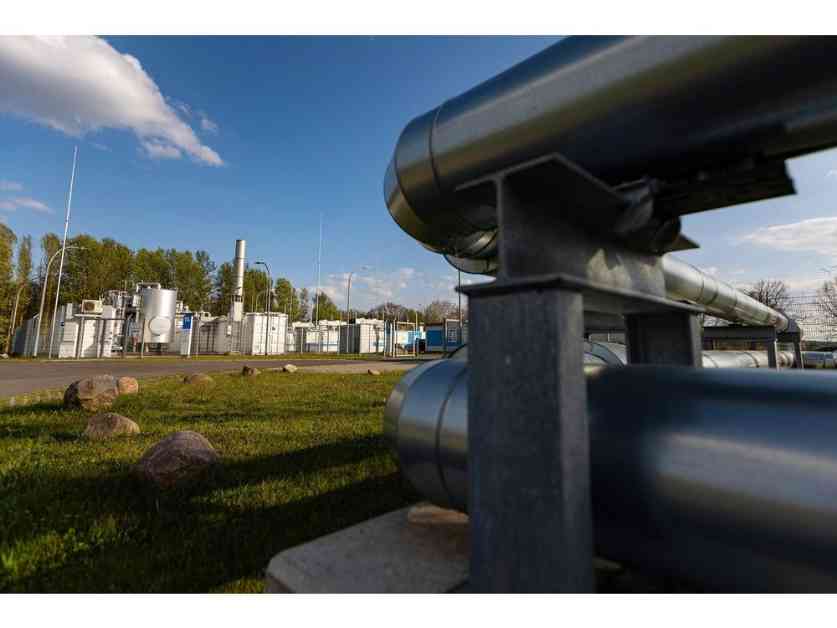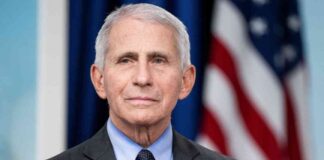Germany’s ambitious hydrogen goal is facing significant challenges as two major potential suppliers have changed their plans. Equinor ASA from Norway and Denmark have both made decisions that will impact Germany’s hydrogen market. Equinor ASA has canceled plans for a pipeline to Germany, while Denmark has delayed the start of a similar link until 2032. These changes are likely to complicate Germany’s plans to boost the hydrogen market by the end of the decade, as importing up to 70% of the nation’s demand by then may be more challenging.
Germany’s policymakers have high hopes for hydrogen to help decarbonize the nation’s heavy industry. They have committed to investing billions of euros in establishing a network and power plants that can run on cleaner fuel. However, the feasibility of this ramp-up has been questioned due to high costs and uncertainties. Equinor cited a lack of customers, supply, and regulatory framework as reasons for canceling the pipeline project.
The recent delay in Denmark is attributed to increased project complexity and the need for more time for hydrogen developers. While there are concerns over the setbacks from Norway and Denmark, the German economy ministry remains optimistic about achieving decarbonization goals. They are exploring other options for importing hydrogen and are open to collaboration with Danish counterparts to accelerate the process.
The challenges faced by Germany in establishing a robust hydrogen market underscore the difficulty of securing long-term buyers for the fuel. The pipeline of hydrogen projects in Europe and North America remains relatively small, posing risks for investors. German utility companies like Uniper SE and EON SE are also feeling the impact of the changing landscape. Uniper SE had to postpone billions of euros of investments in green hydrogen due to a lack of demand, while EON SE is skeptical about achieving hydrogen goals within the set timeframe.
Despite these setbacks, there may still be hope for Germany to receive hydrogen in the near future. Norway is exploring the possibility of converting natural gas into blue hydrogen in the Netherlands and supplying it to Germany. This could provide an alternative solution to Germany’s hydrogen supply challenges in the coming years.
In conclusion, while Germany’s hydrogen ambitions are facing obstacles, there are ongoing efforts to overcome these challenges and make hydrogen a significant part of the nation’s energy transition. Collaboration with neighboring countries and continued investments in green hydrogen technology will be crucial in realizing Germany’s decarbonization goals.






















